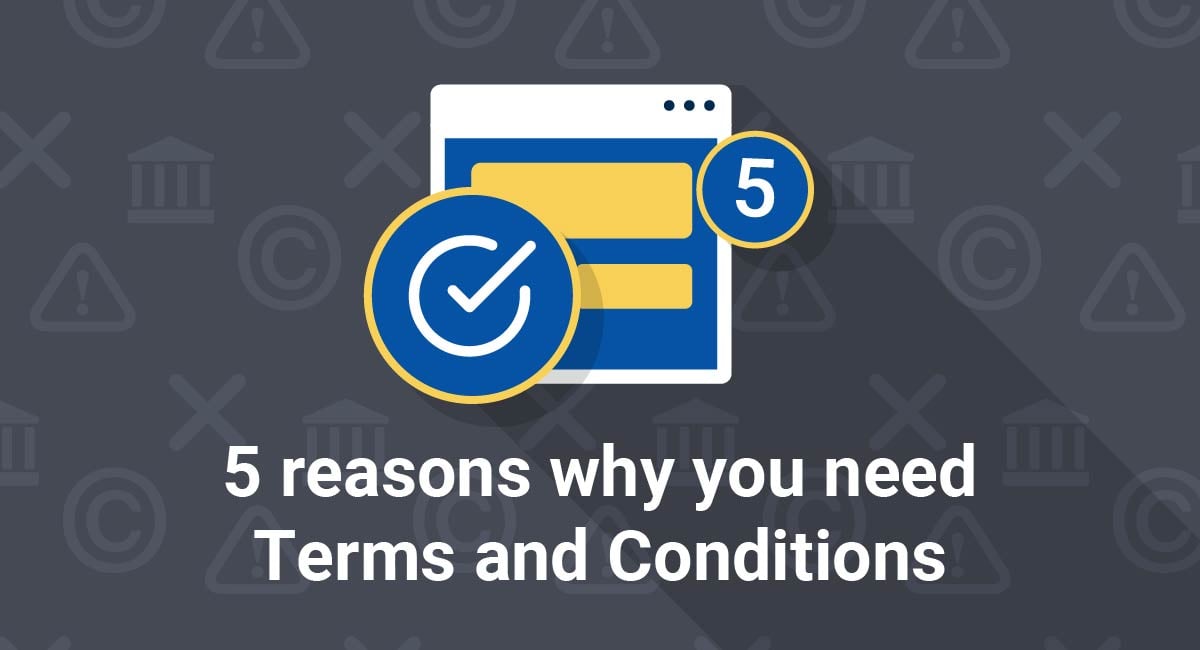Blog: Terms & Conditions Agreements
Page 17
Navigate
-
EULA Agreements
-
Cookies Policy Agreements
-
Disclaimer Agreements
-
Privacy Policy Agreements
-
US Privacy Laws
-
Return Policy Agreements
-
Legal Requirements
-
EU Privacy Laws
-
Terms & Conditions Agreements
-
How to
-
Asia Privacy Laws
-
CA Privacy Laws
-
Consent
-
Templates
-
Consumer Privacy
-
AU Privacy Laws
-
LatAm Privacy Laws
-
Clauses
5 Reasons Why You Need Terms and Conditions
Because of its importance, there are 5 main reasons why you should have a Terms and Conditions agreement: to prevent abuses, to protect your creative content, to terminate accounts, to limit your legal liability and to set your governing law. This article will look further into each of these reasons why...
